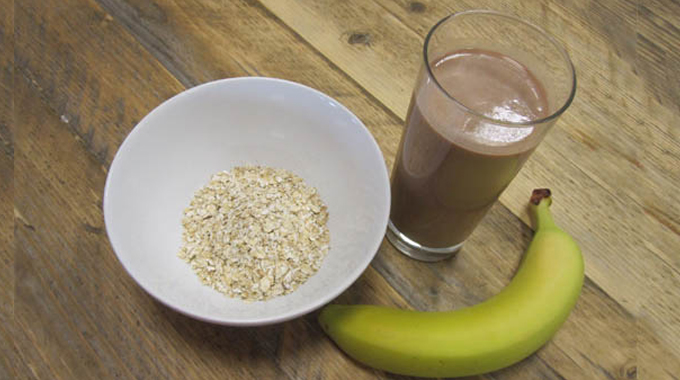We all encounter difficult times in our lives when events – often beyond our control – can almost seem overwhelming. Moving home, relationship problems, parenting troubles and career issues can all lead to a rise in stress levels.
Stress can manifest in a few ways, and everyone is different. It can lead to both weight loss, and weight gain, it can cause fatigue, a weakened immune system and even long-term issues such as high blood pressure.

Stress can be useful – a little kick up the bum to encourage you to smash it out for that deadline for example. However, too much stress can be debilitating. So what happens to our bodies when we’re suffering from stress, and what measures can we take to help calm the symptoms?
What is Stress?

Before we can look at the adverse effects of stress on our bodies, we need to understand what stress is. Essentially it’s our emotional reaction to unpleasant or difficult happenings.
To deal with these unpleasant events, the hypothalamus in your brain triggers a release of adrenaline and cortisol. Both of these hormones give you a kick of energy while increasing heart rate and blood flow – preparing your body for a reaction – be that “Fight OR Flight”.
Cortisol is known as the stress hormone. Our bodies need a little bit of stress to function: to get out of bed, to go to work and get things done. Like everything in life though, stress needs to be moderated as too much, or even too little stress can have adverse effects.
In the right amounts, cortisol is actually very good for us. It’s our natural anti-inflammatory as cortisol is converted to cortisone and helps tackle problem areas.
A lack of stress and subsequent cortisol production can leave your body under-stimulated. However, too much stress releases too much cortisol over a prolonged period of time, leading to negative effects on the mind and body.









